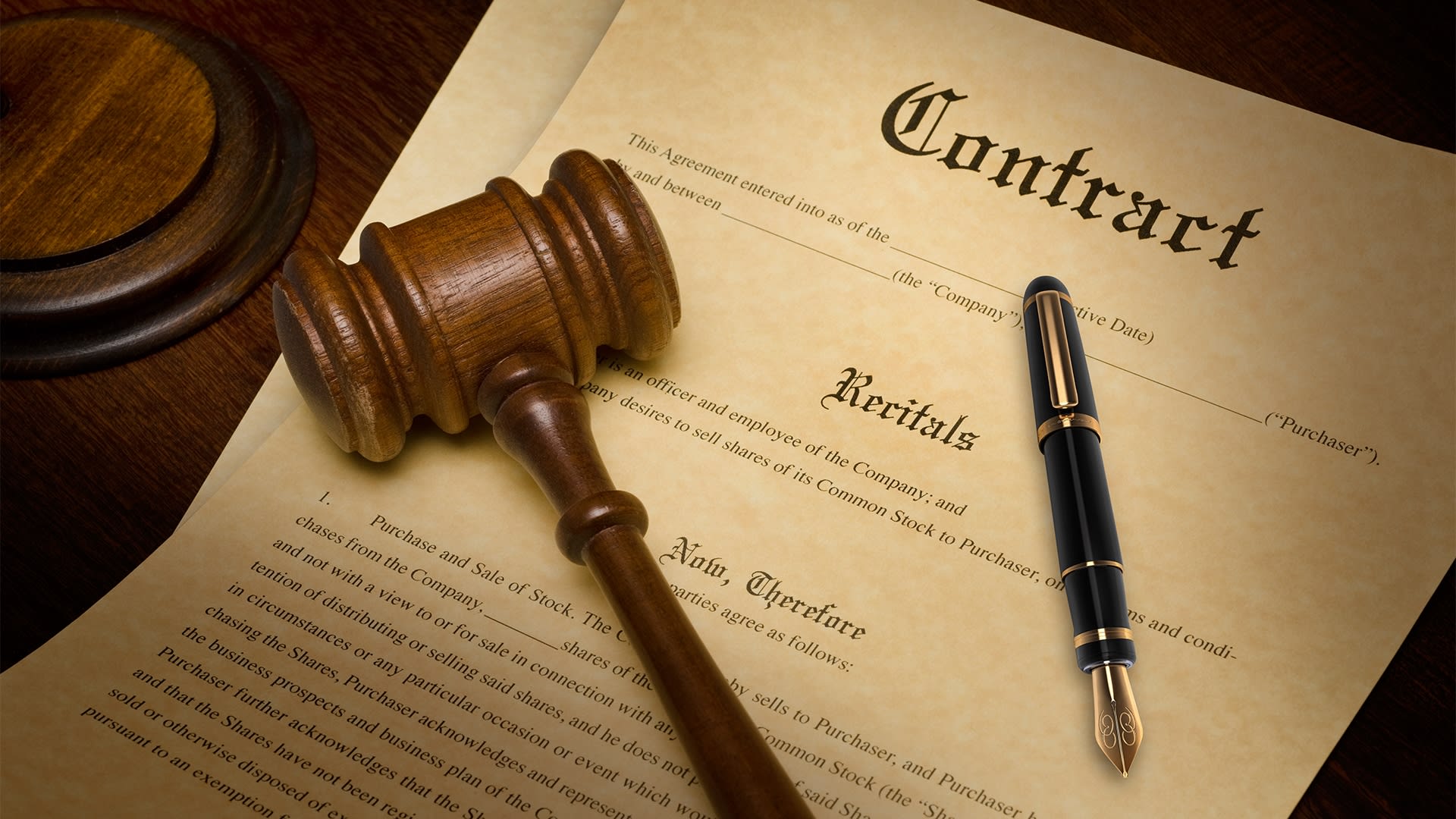Introduction
Facing a legal issue, whether it’s a complex business matter, a family dispute, a criminal charge, or a personal injury claim, can be daunting. That’s where a legal consultation comes in. In this article, we’ll explore the significance of legal consultations, what to expect during these meetings, and how they serve as the first step toward securing effective legal assistance.
The Purpose of a Legal Consultation
A legal consultation is an initial meeting or discussion with an attorney, and it serves several essential purposes:
- Assessment of Your Case: During a legal consultation, the attorney assesses the details of your situation. You’ll have the opportunity to present the facts, ask questions, and discuss your concerns.
- Legal Guidance: Attorneys provide an overview of your rights, potential legal options, and the steps that may need to be taken to address your legal issue.
- Confidentiality: Information shared during a legal consultation is generally confidential, which allows you to speak candidly about your concerns without the fear of disclosure.
- Understanding the Attorney-Client Relationship: The consultation is also a chance for you to get to know the attorney and assess whether they are a good fit for your legal needs.
What to Expect During a Legal Consultation
When you schedule a legal consultation, there are certain expectations and steps to consider:
- Preparation: To make the most of your consultation, gather relevant documents and records related to your legal issue. These materials can provide valuable context for the attorney.
- Discussion: Be prepared to discuss your situation in detail. The attorney may ask questions to gain a better understanding of your case.
- Legal Assessment: The attorney will assess the merits of your case, provide preliminary legal guidance, and outline potential strategies for resolving your issue.
- Costs and Fees: Clarify the attorney’s fee structure. While many attorneys offer free or low-cost initial consultations, some may charge for their time. Understanding the costs involved is essential.
- Questions and Clarification: Use the consultation to ask any questions you have, seek clarification on legal matters, and discuss your concerns. It’s an opportunity to gain insights and knowledge about your legal situation.
- Attorney Evaluation: Remember that you are also assessing the attorney during this meeting. Consider factors such as their expertise, experience in handling similar cases, communication style, and your level of comfort when deciding if they are the right choice for your legal needs.
The Next Steps After a Legal Consultation
Following a legal consultation, you will need to decide on the next steps:
- Hiring an Attorney: If you decide that the attorney is the right fit for your legal needs, you can enter into a formal attorney-client relationship. This is when the attorney starts representing your interests in your legal matter.
- Alternative Options: In some cases, the attorney may recommend alternative solutions, such as negotiation, mediation, or other legal actions, depending on the specifics of your case.
Conclusion
A legal consultation is your first step toward effective legal assistance. It’s a crucial nexusediciones to gain a preliminary understanding of your legal rights and options, as well as to assess whether the attorney is the right choice for your case. While legal consultations provide valuable guidance, it’s important to remember that they offer general information and advice based on the information you provide. For personalized legal advice tailored to your unique situation, it’s essential to retain an attorney who can provide comprehensive legal services and represent your interests effectively. Legal consultations serve as the foundation for resolving your legal concerns with confidence and clarity.

